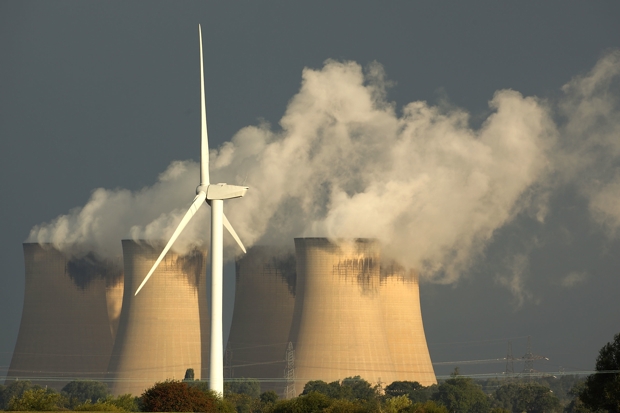As officials try to meet the Prime Minister’s promise to roll back the ‘green levies’ and cut the ‘green crap’, lots of attention has focused on the Energy Company Obligation (ECO), the Coalition’s flagship energy efficiency policy. Its aim is to improve the state of the UK’s woeful housing stock and to reduce the amount of heating people use.
The scheme is far from perfect. It offers too many subsidies to expensive measures like solid wall insulation, rather than much cheaper ones, such as loft insulation. Also, it has yet to show support for charity incentives that show people how to use less energy. But the general ambition is right. The only sure way you can get people’s bills down in the long term is by reducing their demand for energy.
Since 2005, energy use by UK households has fallen by a quarter. Most of this reduction is due to unglamorous measures like making boilers more efficient and insulating lofts and cavities. Rising bills have also been a factor, but energy efficiency policies have done much of the heavy lifting. Even if you don’t care about climate change, we should be making sure the most vulnerable people use as little energy as possible to keep themselves warm.
The idea of cutting the overall ambition to insulate our homes while doing nothing to hack back some of our pointless support for renewable energy is absurd. The Renewable Energy Target, which aims to deliver 15% of all energy from renewable sources by 2020, has been disastrous. This piece of EU legislation has driven many of the poor policy decisions of recent years. It will also drive bills higher in the next few years – the extra cost on the average bill to support Renewable Energy will go from about £45 a year to £108.
This should be an important factor in the UK’s renegotiation with Europe ahead of a referendum in 2017. Against the advice of some members of his government, Tony Blair agreed to the target, but it has pushed the UK towards some bad policies. We are now rolling out expensive technologies like offshore wind too fast, and supporting marginal technologies like solar panels – eco-bling paid for by people struggling to pay the bills.
Reducing carbon emissions is going to cost money. Politicians should stop pretending it is going to be cheap. They should also stop pretending they can control global energy prices or predict the future cost of gas. The only credible pitch to voters should be that they are going to keep the cost of decarbonisation as low as possible, and that they are going to do everything to protect the poorest from price rises. Scrapping measures to make our homes less draughty, while continuing to waste money on renewable energy fails that credibility test.
Climate change needs to be tackled by low-carbon technologies that are cheaper than coal, gas and oil. The best way of doing this is by putting a price on carbon pollution. This could be done through a reformed ETS or a carbon tax, and would allow new technologies to compete. This will then confirm which renewable, low-carbon energy technologies are cost-effective. The Prime Minster must pledge in the upcoming review to make energy both greener and cheaper.
Guy Newey is the head of environment and energy at Policy Exchange






Comments